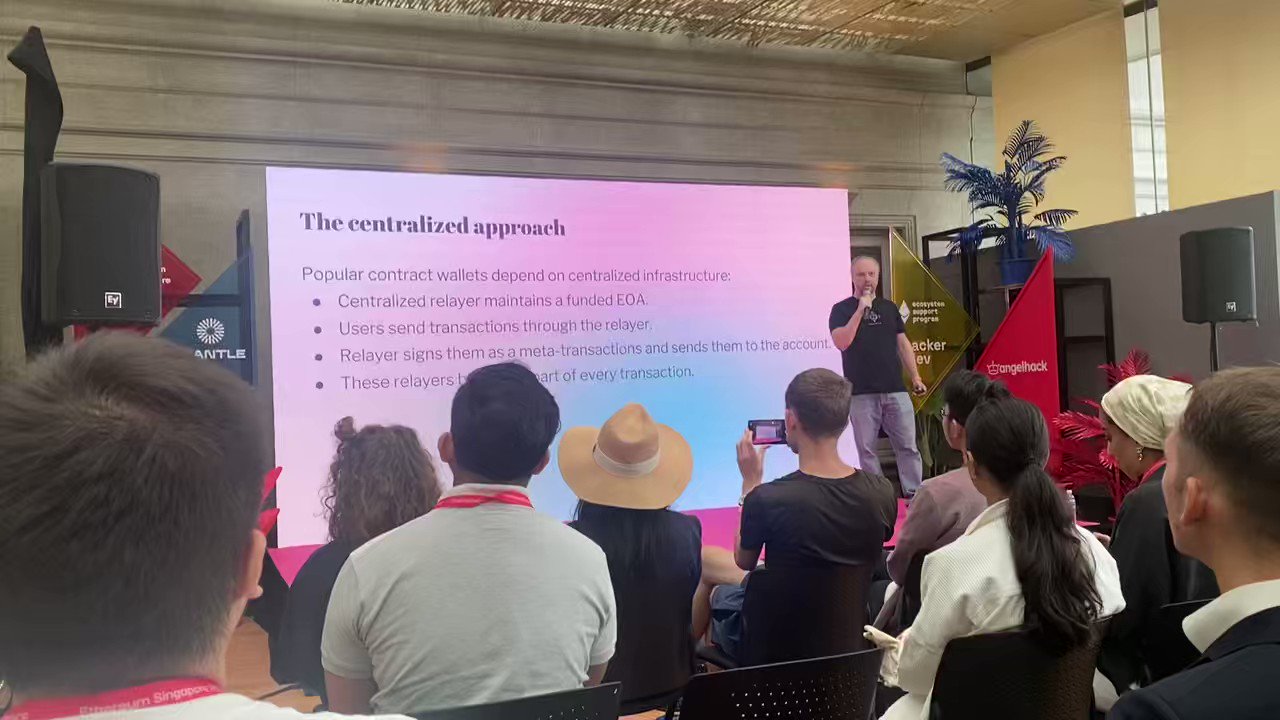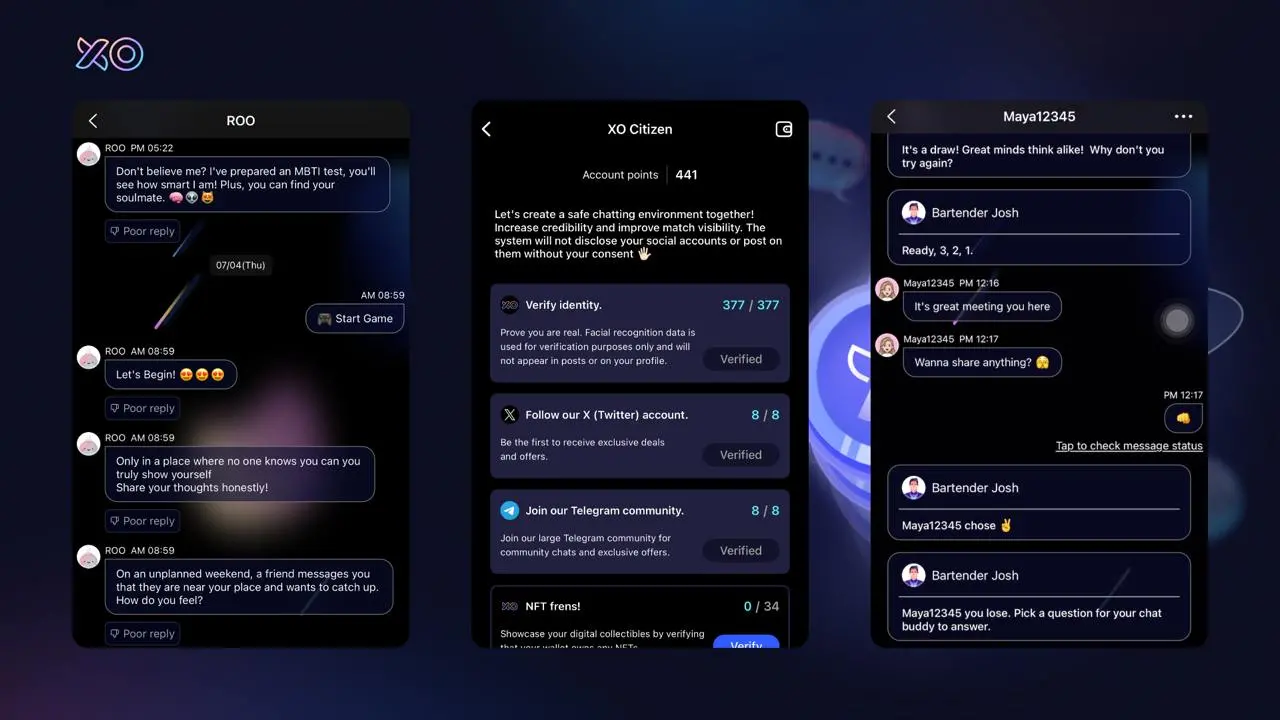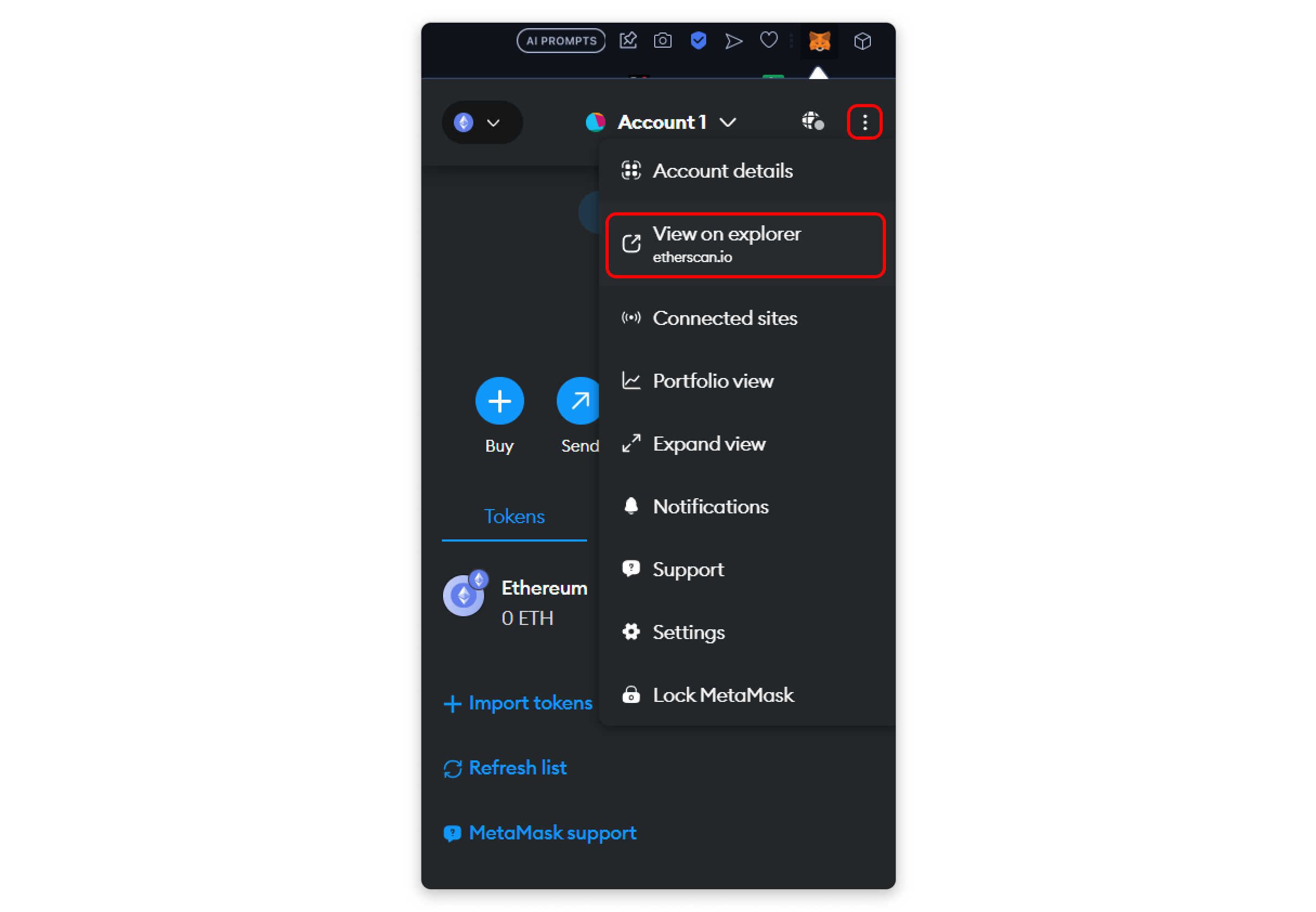
Privacy and security are rapidly becoming the defining battlegrounds in the evolution of SocialFi applications on the Base blockchain. As decentralized social platforms like Farcaster, Friend. tech, and emerging Base-native dApps gain traction, users are discovering both unprecedented opportunities for ownership and novel risks to their personal data. The integration of DeFi principles into social media means that your digital identity, assets, and interactions are more closely linked than ever, making robust protection measures not just a feature but a necessity.

Why Privacy and Security Are Central to Base SocialFi
Traditional social networks have long been criticized for opaque data practices and centralized control. By contrast, Base SocialFi privacy is built on the promise of user empowerment: decentralized data storage, transparent governance, and cryptographic safeguards. Platforms like TrustKeys Network highlight this shift by offering advanced security features paired with intuitive interfaces (source). But as with any paradigm shift, new threats emerge alongside new freedoms.
The core premise is simple: when you control your own keys and data, you reduce reliance on third parties, but also become responsible for your own security posture. This is especially critical as SocialFi app data protection becomes a magnet for bad actors seeking to exploit vulnerabilities in wallet integrations or smart contracts.
Key Components of Data Protection in Base SocialFi Apps
Essential Privacy & Security Features in Base SocialFi Apps
-

Decentralized Data Ownership: Platforms like TrustKeys Network empower users with control over their personal data via decentralized storage, reducing reliance on centralized servers and minimizing single points of failure.
-

End-to-End Encryption: Leading SocialFi apps implement robust encryption protocols (including AES 256, RSA, and Elliptic Curve) to secure messages and transactions, ensuring only intended recipients can access user communications.
-

Token Authenticity Verification: To combat scams, platforms encourage users to verify token contract addresses through official project channels and blockchain explorers, helping ensure they interact only with legitimate assets.
-

Granular Privacy Controls: Apps such as Farcaster and Friend.tech offer detailed privacy settings, allowing users to manage content visibility, data export, and deletion—putting users in charge of their digital footprint.
-

Transparent Security Practices: Platforms are increasingly transparent about their security measures and vulnerabilities. For example, the Friend.tech team has addressed concerns about wallet key storage, highlighting the importance of ongoing security audits and user awareness.
End-to-end encryption, granular privacy controls, and token authenticity checks are fast becoming baseline expectations. Here’s what stands out across top projects:
- Decentralized Data Storage: Your posts, messages, and even follower lists often reside on distributed networks rather than centralized servers, giving you greater autonomy but demanding strong personal security practices.
- Encryption Standards: Industry-leading algorithms like AES-256, RSA, and Elliptic Curve provide multiple layers of defense against interception or tampering (source).
- User-Controlled Privacy Settings: Platforms now offer detailed settings so you can decide who sees your content or profile information, and export or delete your data at will.
- Token Authenticity Verification: With scams proliferating as quickly as innovation itself, verifying token contract addresses via official channels is essential (source).
- No Default Privacy: It’s important to note that neither Ethereum nor its L2 solutions like Base provide privacy by default, users must proactively engage platform tools to secure their experience (source).
The Realities of Security Threats: Lessons from Recent Incidents
The rapid pace of innovation in decentralized social networks has unfortunately been matched by an equally dynamic threat landscape. For example, concerns surfaced around Friend. tech’s storage of wallet keys on the frontend, a potential risk if their web interface were compromised (source). This incident underscores how even well-intentioned projects can harbor vulnerabilities if not rigorously audited.
This isn’t just theoretical; phishing attempts targeting users via fake project links or malicious DMs have become increasingly sophisticated. Given the composability of DeFi protocols within these platforms, a single compromised account could have cascading effects across your digital assets and reputation.
User Empowerment: Taking Control Over Your Digital Footprint
If there’s one lesson from the current state of decentralized social security on Base, it’s that user vigilance remains paramount. The best platforms empower users with transparency, but ultimately place responsibility back into their hands. Granular privacy settings allow you to decide what you share (and with whom), while export/deletion tools offer an escape hatch should you wish to reclaim your digital sovereignty (source).
The bottom line? In this new era of blockchain-powered social interaction, context really is everything. Whether you’re minting memes or managing communities on Farcaster or Friend. tech, understanding the interplay between technology design and user behavior will be key to thriving safely within the ecosystem.
Base blockchain security is not a set-and-forget proposition. The decentralized nature of SocialFi means there is no centralized customer support to bail you out after a misstep. Instead, the ecosystem rewards those who stay informed and proactive. For users, this means keeping up with platform updates, understanding wallet permissions, and never underestimating the creativity of malicious actors.
Practical Steps for Protecting Yourself on Base SocialFi
Staying secure in the world of decentralized social platforms is as much about habits as it is about technology. Even with state-of-the-art encryption and smart contract audits, user error remains a leading cause of breaches. Here are some actionable steps to help you safeguard your experience:
Essential Tips for Privacy & Security on Base SocialFi
-

Verify Token Authenticity: Always confirm token details using Etherscan or official project channels to avoid scams and counterfeit assets.
-

Enable End-to-End Encryption: Opt for SocialFi platforms that offer end-to-end encrypted messaging, such as Lens Protocol, to keep your conversations private.
-

Be Cautious of Phishing Attempts: Access SocialFi apps like Friend.tech and Farcaster only through official links. Never share your wallet seed phrase or respond to unsolicited offers.
-

Manage Privacy Settings: Regularly review and adjust privacy controls on platforms such as Warpcast to control who can view your content and personal data.
-

Stay Informed About Platform Security: Monitor updates and audits for platforms like Base and Friend.tech to be aware of any reported vulnerabilities.
Beyond technical measures, community vigilance plays a crucial role. Many successful phishing campaigns prey on urgency or FOMO, think fake token launches or impersonated admins in chat groups. Always double-check announcements through official channels and never share your private keys or seed phrases.
Another important consideration is the transparency of data policies. While projects like Base provide detailed privacy documentation (source), it’s up to users to actually read and understand how their information is collected, used, and shared across services. This awareness can help you make informed decisions about what platforms to trust with your personal data.
The Road Ahead: Evolving Standards and User Expectations
The privacy landscape in SocialFi is evolving rapidly, shaped by both technological progress and shifting cultural expectations around digital autonomy. As more users migrate from traditional Web2 social networks to blockchain-based alternatives on Base, demand for robust privacy tools will only intensify.
Developers are responding by integrating features such as zero-knowledge proofs for private transactions, enhanced user consent flows, and transparent governance models that put community members at the center of key decisions. However, these innovations are not yet universal, users must still do their due diligence when exploring new dApps or participating in tokenized social economies.
Looking forward, expect privacy-first design to become a major differentiator among competing platforms. Those that offer clear data export options, customizable visibility settings, and verifiable security audits will likely attract more discerning users who value control over their digital footprint.
Context is everything: Understanding both how your data moves across decentralized networks, and what tools exist for its protection, will empower you to engage confidently with the next generation of social crypto platforms on Base.







